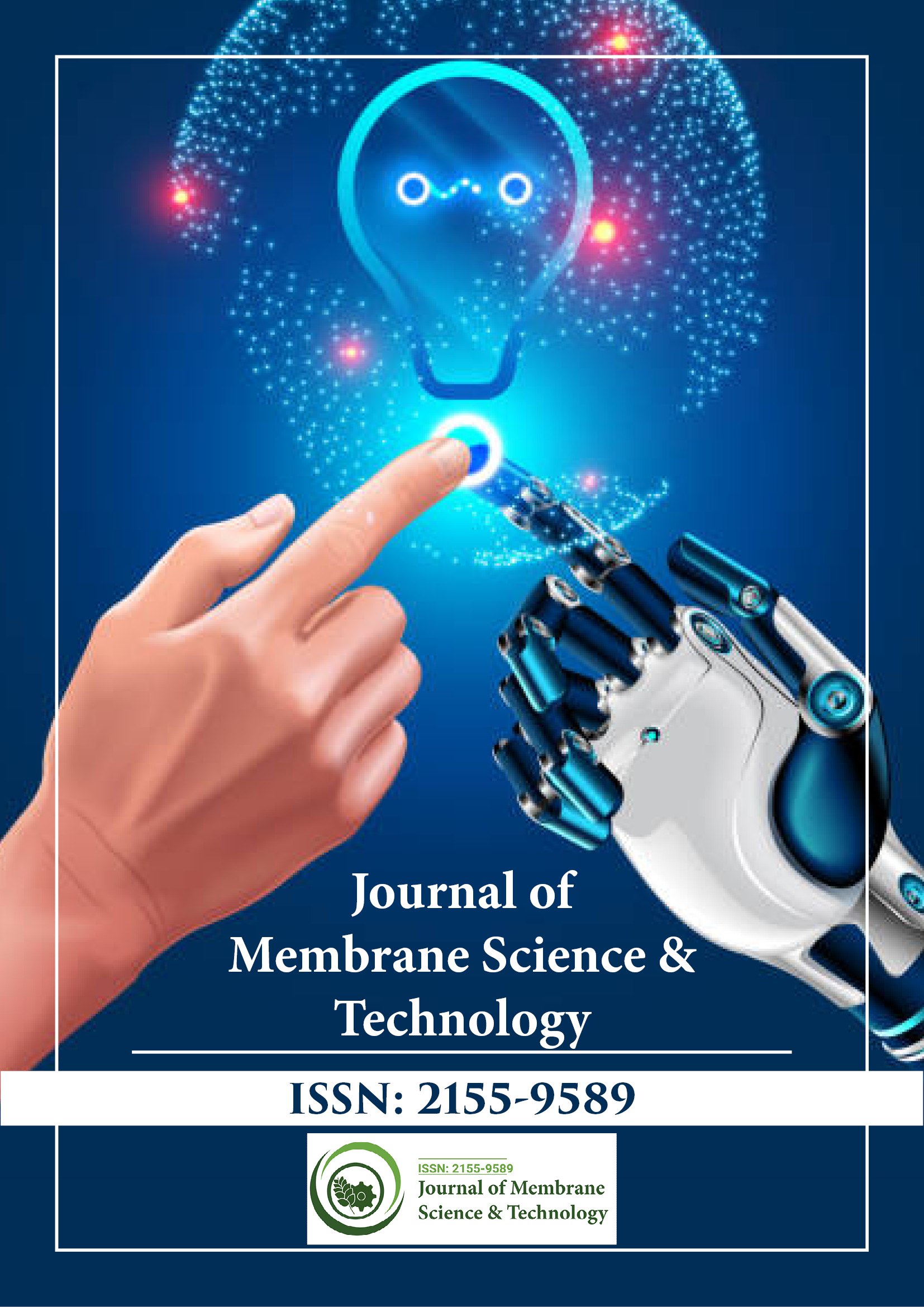indexado en
- Abrir puerta J
- Genamics JournalSeek
- Directorio de publicaciones periódicas de Ulrich
- Búsqueda de referencia
- Directorio de indexación de revistas de investigación (DRJI)
- Universidad Hamdard
- EBSCO AZ
- OCLC-WorldCat
- Convocatoria de búsqueda
- erudito
- Publón
- Fundación de Ginebra para la Educación e Investigación Médica
- pub europeo
- Google Académico
Enlaces útiles
Comparte esta página
Folleto de diario

Revistas de acceso abierto
- Administración de Empresas
- Agricultura y Acuicultura
- Alimentación y Nutrición
- Bioinformática y Biología de Sistemas
- Bioquímica
- Ciencia de los Materiales
- Ciencia general
- Ciencias Ambientales
- Ciencias Clínicas
- Ciencias farmacéuticas
- Ciencias Médicas
- Ciencias Veterinarias
- Enfermería y Cuidado de la Salud
- Genética y Biología Molecular
- Ingeniería
- Inmunología y Microbiología
- Neurociencia y Psicología
- Química
Abstracto
Microfiltración, nanofiltración y ósmosis inversa para la eliminación de toxinas (endotoxinas LPS) de aguas residuales
Guizani Mokhtar y Funamizu Naoyuki
La endotoxina lipopolisacárida (LPS), un subproducto bacteriano abundante en las aguas residuales, representa cada vez más una preocupación importante en el sector del tratamiento de aguas residuales debido al riesgo potencial para la salud que representa. Por lo tanto, es más urgente que antes proteger a los consumidores de la contaminación de sus reservas de agua potable con endotoxina LPS mediante la reposición de acuíferos utilizando aguas residuales recuperadas o mediante el suministro de aguas residuales recuperadas como agua potable. El tratamiento con membranas es una alternativa al proceso de lodos activados y es el más utilizado para tratar las aguas residuales. Además, la nanofiltración y la ósmosis inversa son las tecnologías más avanzadas utilizadas para tratar las aguas residuales a un nivel potable. La eficiencia de eliminación de la endotoxina LPS mediante biorreactores de membrana (MBR), nanofiltración (NF) y ósmosis inversa (RO) es el tema de este artículo. Se reveló que estas tecnologías avanzadas podrían eliminar una cantidad significativa de endotoxina. Sin embargo, los niveles de concentración en el agua del producto siguen siendo mucho más altos que los encontrados en el agua del grifo y no es aconsejable suministrar esta agua directamente a los consumidores. Se requieren más investigaciones para determinar las mejores prácticas de gestión para un suministro seguro de agua potable a partir de aguas residuales recuperadas.